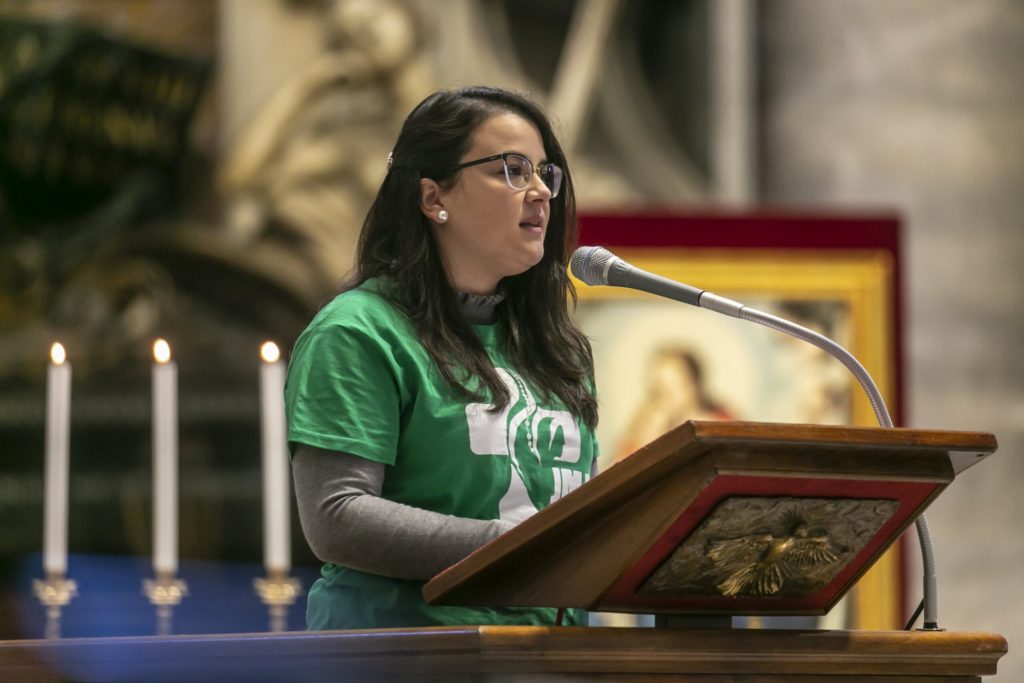With the motu proprio "Spiritus Domini" the Pope has modified canon 230 of the Code of Canon Law, establishing that women can also accede to the ministries of the Lectorate and the Acolyte, with a liturgical act that institutionalizes them.
Pope Francis' decision follows the recommendations of several synodal assemblies and a doctrinal development.which has highlighted how certain ministries instituted by the Church are based on the common condition of being baptized with the royal priesthood received in the sacrament of baptism.".
It is no coincidence that the new law bears the date January 10, the feast of the Baptism of the Lord.
Co-responsibility of all the baptized
In a letter sent to the Prefect of the Congregation for the Doctrine of the Faith, the Pope also explains the theological reasons for his choice, which refer to the renewal outlined by the Second Vatican Council and to the urgency of rediscovering "... the newness of the Church and the newness of the Church".the co-responsibility of all the baptized in the Church, and in particular the mission of the laity".
It was the recent Synod for the Amazon that urged the conferring of ministries on men and women, precisely to increase awareness of their own baptismal dignity.
Increased recognition
In fact, the Pope explains, by offering this possibility of access to the ministry of the Acolyte and the Lectorate to lay men and women of both sexes, "increase the recognition, through a liturgical act (institution), of the precious contribution that many lay people, including women, have long been making to the life and mission of the Church".
And he clarifies: "the variation in the forms of exercise of non-ordained ministries, moreover, is not the simple consequence, on the sociological level, of the desire to adapt to the sensibilities or the culture of the times and places, but is determined by the need to allow each particular Church, in communion with all the others and having as the center of unity the Church in Rome, to live the liturgical action, the service to the poor and the proclamation of the Gospel in fidelity to the command of the Lord Jesus Christ.".









